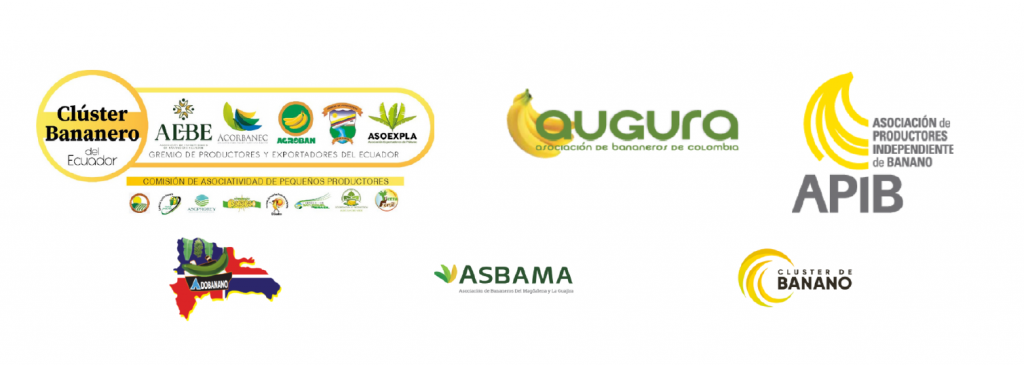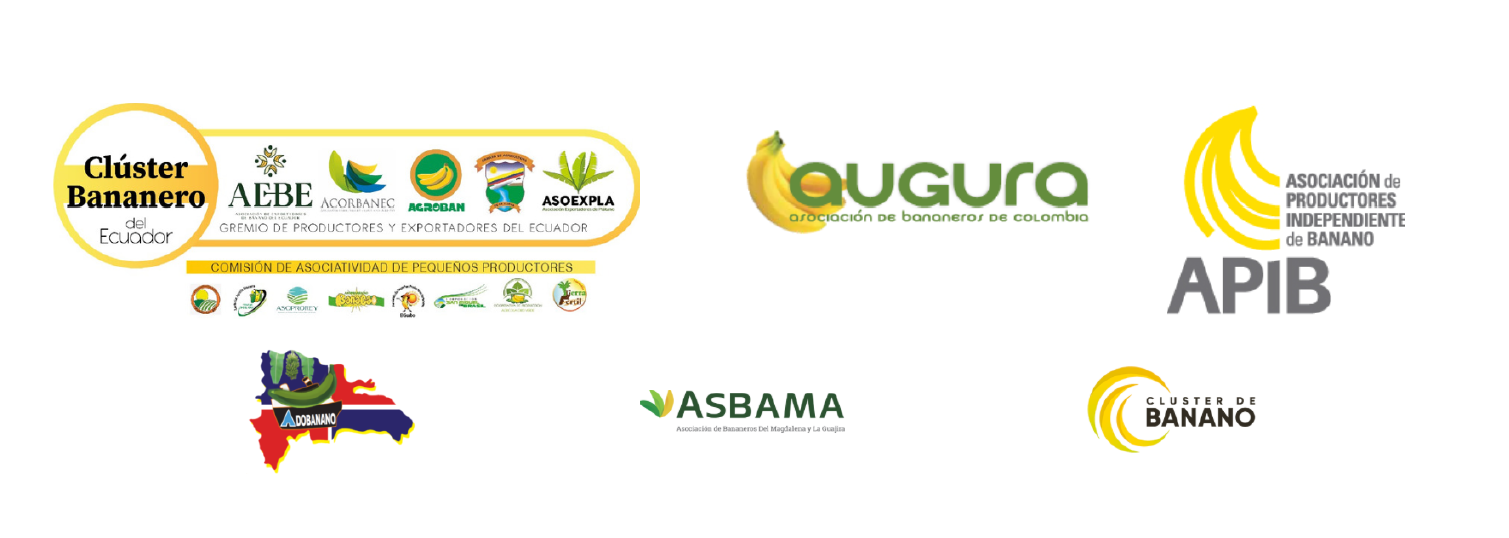Latin American banana producers and exporters gather in Berlin to rally stakeholders on the theme of shared responsibility as European discussions around due diligence draw to a close
Berlin, February – The LATAM Taskforce, a consortium of banana producers and exporters of Latin America, meets this week at the Fruit Logistica fair in Berlin to engage with stakeholders on the topic of shared responsibility. The EU Corporate Sustainability Due Diligence Directive, which seeks to further anchor human rights and environmental considerations in companies’ operation and governance, is reaching the final stages of completion. Indeed, the European Parliament is expected to define its final position on the file by May before interinstitutional negotiations start during the summer. The way, the Directive will be enforced raises serious concerns among members of the Taskforce.
José Antonio Hidalgo, Coordinator of the Ecuadorian Banana Cluster and Executive Director of AEBE, highlights: “Although further action on corporate sustainability in the banana value chain is needed, we are also wary that it could never be fully achieved if the efforts attached to its implementation are not equally considered by all players across the value chain. So far, we have only seen a commitment from one European retailer, we are yet to see a full endorsement of the sustainability standards by the whole supply chain, including supermarkets”.
The LATAM Taskforce has been very local about the urgent need to enforce the concept of shared responsibility. The cost of this responsibility needs to be equally distributed across all players in the value chain, not only by the consumers and the producers but also by the retailers.
“It is in the interest of all retailers, to remain appealing to consumers, to guarantee the sustainable and fair origin of their products”, reminds Mr Julio Merida, Executive director of APIB (Guatemala) “The producers and exporters in Latin America already comply to strict standards, striving to deliver the best product quality while providing a fair wage and right labour conditions to our workers. The introduction of new due diligence rules must go hand in hand with a greater awareness from European supermarkets about the efforts that we have made and their part in achieving lasting sustainability”.
The LATAM Taskforce regrets that the decision-making in European circles remains very much one-sided. They believe most stakeholders remain oblivious to the complexity and diversity of social and economic situations in the LATAM countries.
Mr Emerson Aguirre, Executive President of Augura (Colombia) adds, “We are pressed between achieving nutritious food to sustain food security and abiding by ever stricter sustainability standards. The only way we can advance on both objectives is to achieve a consensus across the industry and strengthen the cooperation with European institutions to increase their knowledge. Making the shared responsibility the backbone of our supply chain will help sustain an industry that propels the economic and social development of many communities in Latin America”.
Further to this, Richard Salazar, Executive Director of Acorbanec (Ecuador) concludes, “At the end of the day, it is everyone’s responsibility to abide by the new corporate responsibility guidelines to make the banana industry a more sustainable and ethical sector. Producers and retailers must work with good intelligence to reach this goal. There is still a lot to be done”.
This LATAM TaskForce published a joint declaration on shared responsibility last year, calling all stakeholders for further cooperation and the respect of fair price methodologies to meet the new sustainability standards introduced by the European Commission.




